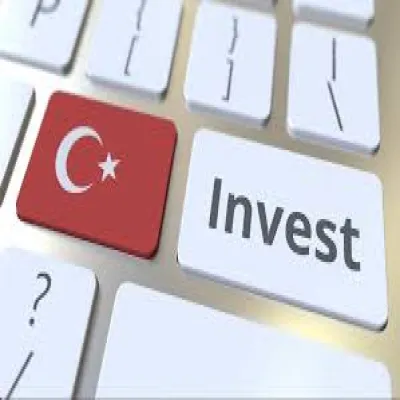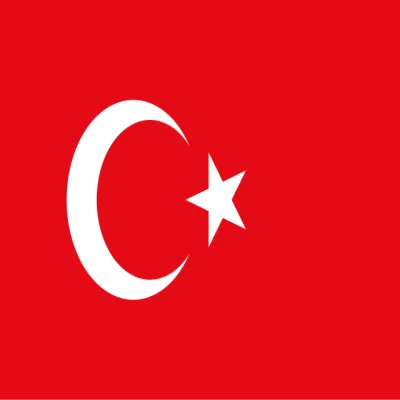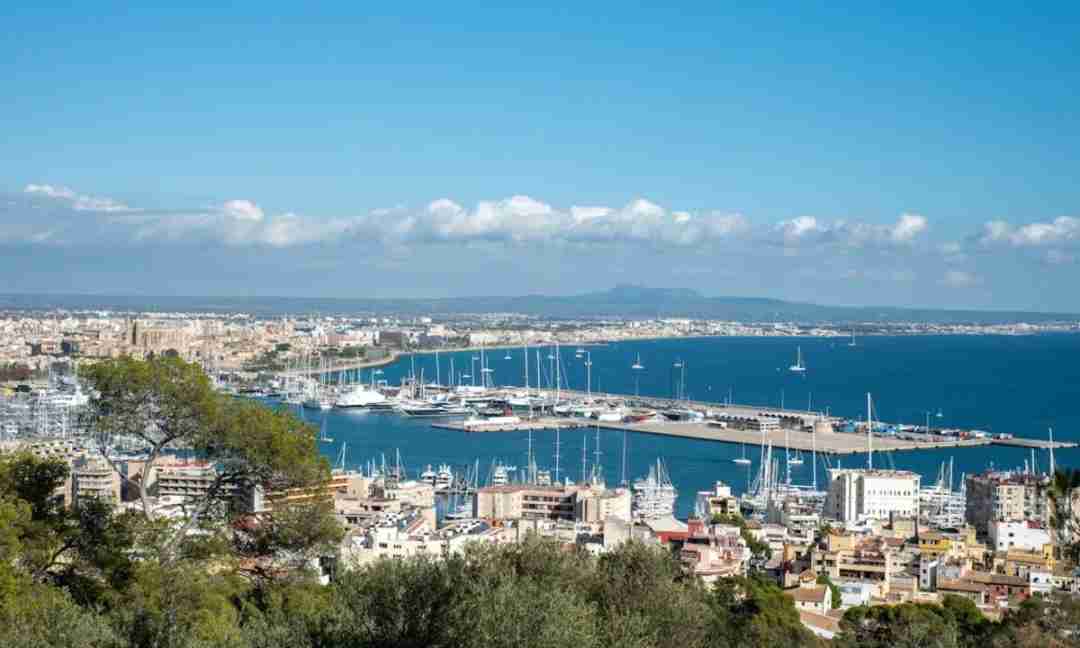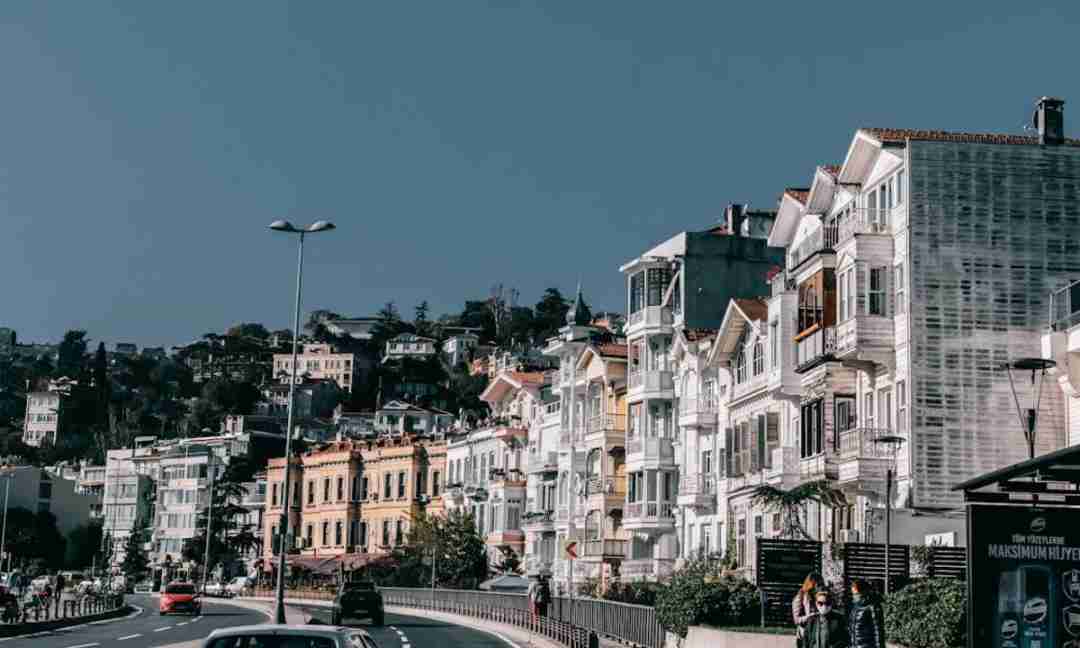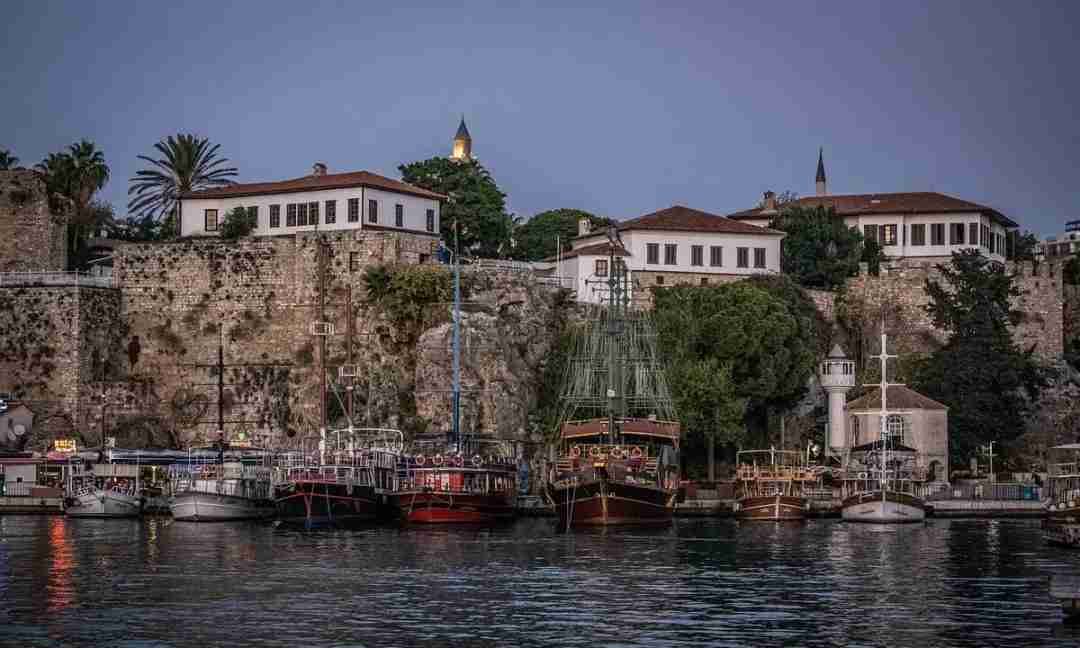Istanbul is a vibrant melting pot of cultures and traditions. This rich cultural tapestry profoundly influences many aspects of life in the city, including its real estate market. For prospective buyers interested in real estate in Istanbul, Turkey, understanding these cultural dynamics can provide invaluable insights into market trends, property values, and investment opportunities. Here’s a closer look at how cultural influences shape Istanbul’s real estate landscape and what buyers should consider.
Historical and Cultural Legacy
Istanbul’s real estate market is deeply intertwined with its historical and cultural heritage. As a city with a rich past, dating back to the ancient Byzantium and Ottoman Empire eras, many properties carry significant historical value. Historical districts like Sultanahmet and Galata feature stunning Ottoman-era architecture and are popular among buyers looking for properties with character and heritage. The preservation of historical buildings and the integration of modern amenities in these areas offer unique investment opportunities that cater to buyers seeking both cultural charm and contemporary comfort.
Local Preferences and Lifestyle
Understanding local lifestyle preferences is crucial for navigating the real estate market in Istanbul, Turkey. Istanbulites place a high value on proximity to vibrant city life, including shopping, dining, and entertainment. Neighborhoods like Beyoğlu and Şişli, known for their bustling activity and modern amenities, are highly sought after. On the other hand, districts like Kadıköy and Üsküdar, with their more relaxed, community-oriented atmospheres, appeal to those seeking a balance between urban convenience and a tranquil living environment. Buyers should consider these lifestyle preferences when choosing a property to ensure it aligns with their own desires and investment goals.
Impact of Traditional Values
Traditional values play a significant role in shaping property demand and design preferences in Istanbul. Many buyers, especially those from local or regional backgrounds, favor properties that accommodate multi-generational living. This preference influences the demand for larger homes or apartments with ample space for extended families. Additionally, traditional architectural elements such as intricate tile work, decorative woodwork, and spacious courtyards remain popular, reflecting the cultural importance of family and community. Real estate in Istanbul, Turkey, often includes these traditional features, catering to the tastes and values of both local and international buyers.
Influence of Foreign Buyers
Foreign interest in real estate in Istanbul, Turkey, has increased in recent years, influenced by the city's unique blend of cultures and its strategic location. International buyers often seek properties that offer a mix of modern luxury and traditional charm. Areas such as Nişantaşı and Beşiktaş, known for their upscale living and vibrant social scenes, attract foreign investors looking for high-end properties. Understanding the preferences of these international buyers, who may prioritize amenities like high-tech features and international schools, can help developers and sellers tailor their offerings to meet market demand.
Real Estate Trends and Developments
Cultural factors also impact broader real estate trends and developments in Istanbul. The city’s growing focus on sustainability and modern living is evident in new developments that integrate eco-friendly features and smart home technologies. This trend aligns with the global movement towards greener living and reflects the evolving preferences of both local and international buyers. Properties that combine modern sustainability with traditional aesthetics are increasingly in demand, offering a compelling option for those looking to invest in real estate in Istanbul.
Investment Considerations
For buyers looking to invest in Istanbul’s real estate market, it’s essential to consider the cultural and economic factors that influence property values and market trends. Understanding the preferences of local residents, the impact of historical and traditional values, and the growing demand for modern amenities can provide a strategic advantage. Buyers should also be aware of the regulatory environment and potential changes in property laws that may affect their investment.
Conclusion
Cultural dynamics significantly shape the real estate market in Istanbul, Turkey. From historical influences and traditional values to modern lifestyle preferences and the impact of foreign buyers, these factors create a diverse and dynamic market landscape. For prospective buyers, understanding these cultural nuances can enhance their ability to make informed decisions and identify properties that align with their investment goals and personal preferences.
Istanbul’s real estate market offers a wealth of opportunities influenced by its rich cultural heritage. By considering these cultural influences, buyers can navigate the market more effectively and find the perfect property that meets their needs and aspirations in this extraordinary city.
.webp)

